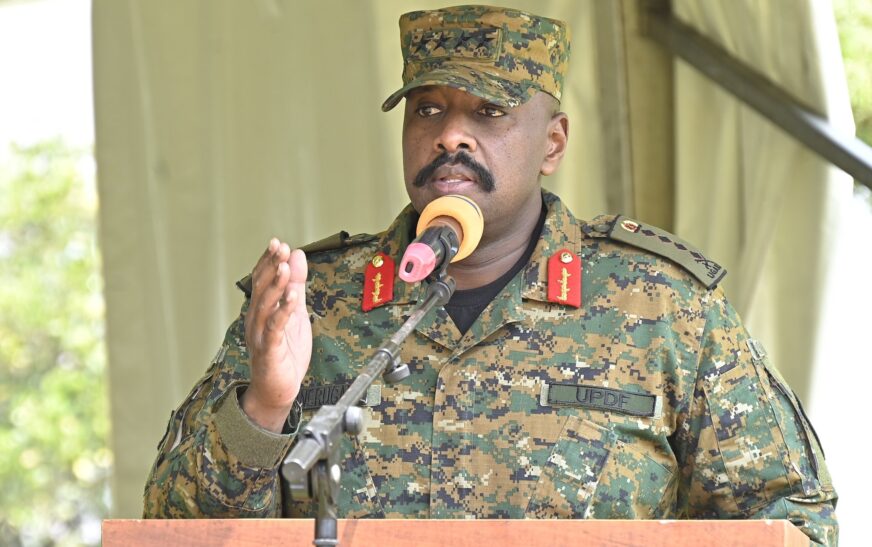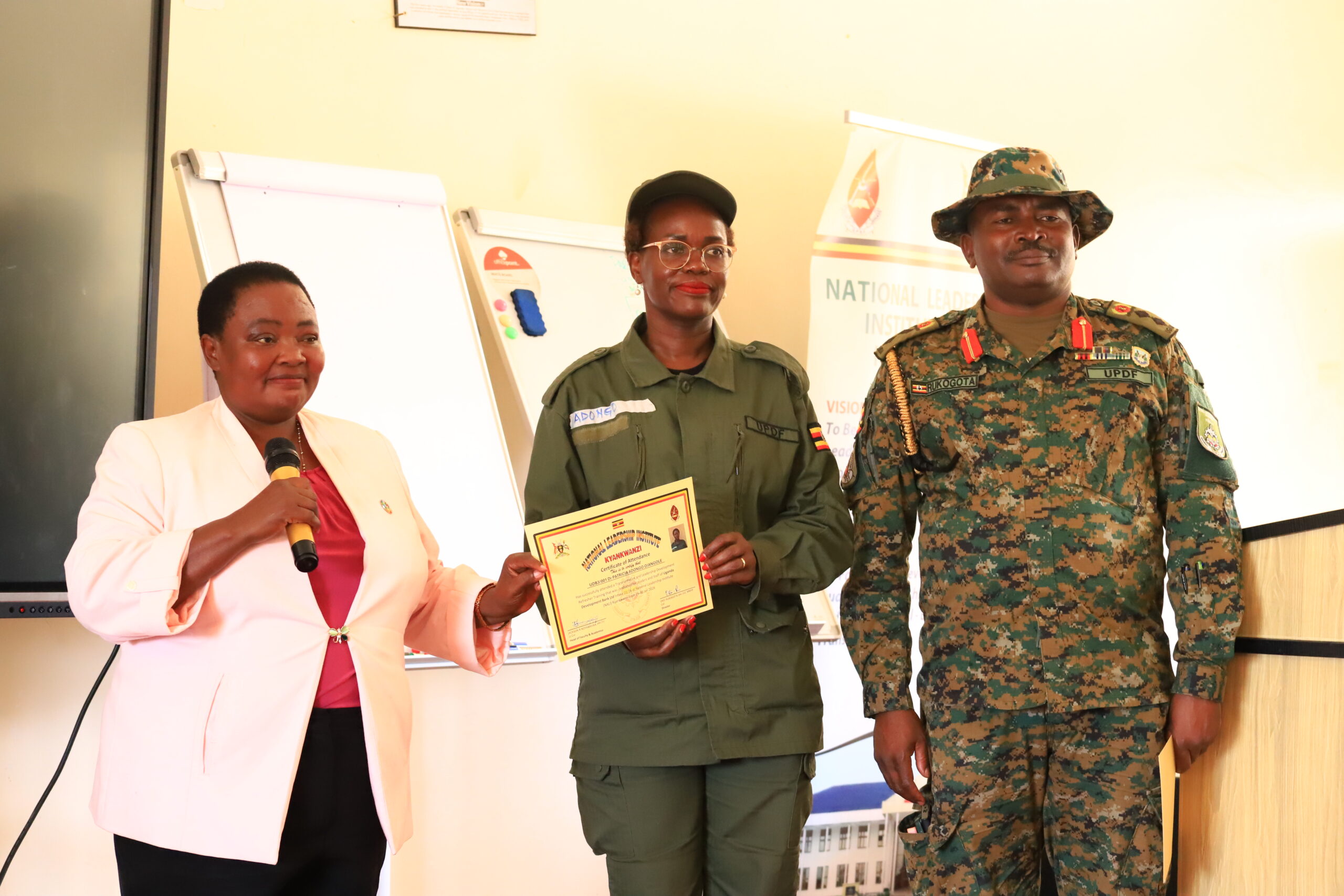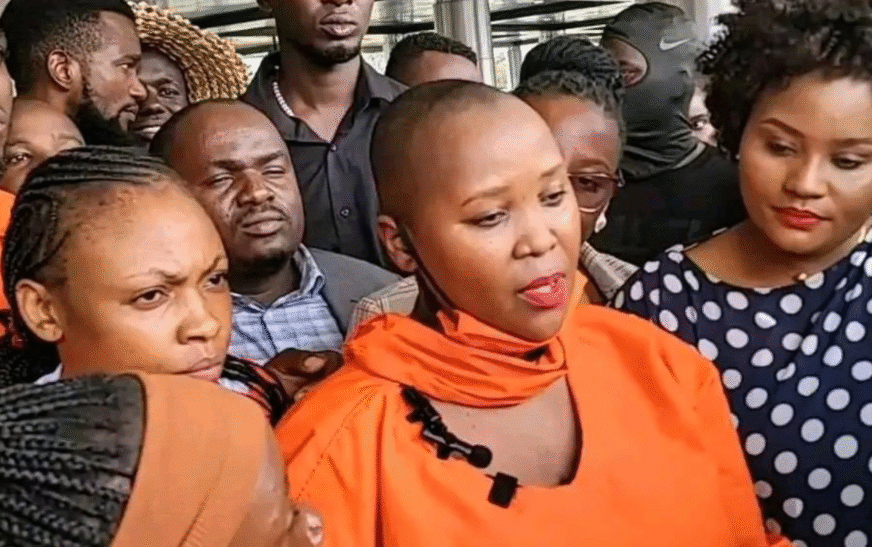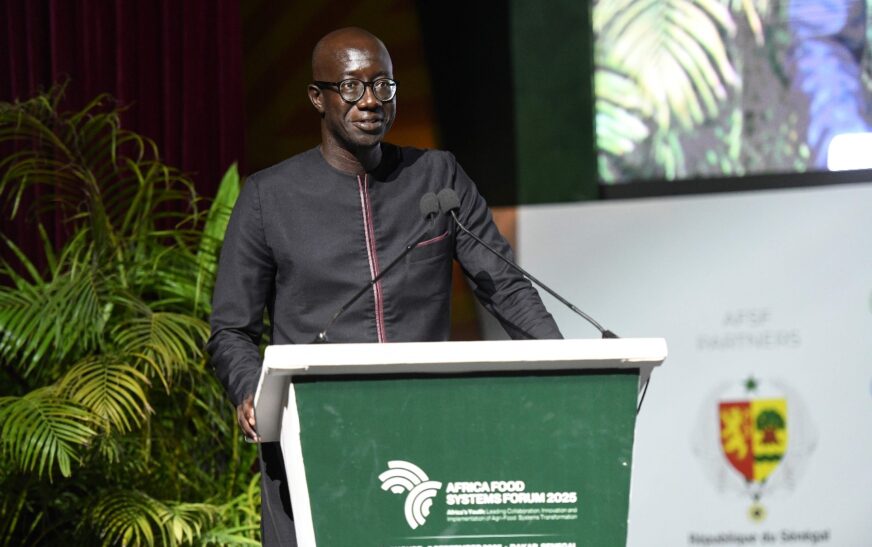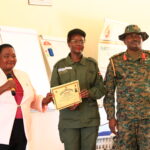In a bold shift from electoral tradition, Uganda’s Chief of Defence Forces, Gen Muhoozi Kainerugaba, has declared that the Special Forces Command (SFC), the elite military unit long entrusted with presidential security will now be solely responsible for guarding all presidential candidates in the 2026 general elections.
The announcement, made via Gen Muhoozi’s official X (formerly Twitter) account, signals a centralization of electoral security under a unit known for its loyalty to the presidency and its elite capabilities.
“I have said it once and for all, all presidential candidates will be guarded only by SFC! Any personal arrangements that do not concur with our standard operating procedures (SOPs) will be smashed immediately,” Gen Muhoozi posted.
The declaration effectively sidelines the Uganda Police Force, which in previous election cycles, under Electoral Commission (EC) coordination, provided candidates with dedicated security details including armed escorts and liaison officers. This new directive marks a significant departure from precedent and raises questions about the balance of power, impartiality, and the role of the military in electoral processes.
Ugandan law including the Electoral Commission Act and the Presidential Elections Act, obligates the state to ensure equal treatment and security for all presidential aspirants.
In the 2021 polls, all 11 candidates were accorded police security and logistical support. But with Gen Muhoozi, a former SFC commander and son of long-serving President Yoweri Museveni, now heading the military, the rules of the game appear to be changing.
Security insiders say the decision is aimed at tightening professionalism and maintaining uniformity amid growing fears of pre-election unrest. Others see it as a preemptive response to reports that certain political movements have begun training private bodyguards for their leaders a trend security officials have described as unlawful and provocative.
The move has sparked concern among opposition groups and civil society, who question the neutrality of the SFC, given its intimate ties to State House. Some political analysts warn that putting an elite military unit at the heart of electoral security may entrench perceptions of bias and could stoke political tensions in what is expected to be a fiercely contested vote.
“This is not about safety it’s about control,” one opposition figure, speaking on condition of anonymity, said. “The SFC does not report to the Electoral Commission. So who are they really protecting, and from whom?”
The Electoral Commission has yet to respond publicly to Gen Muhoozi’s pronouncement, and no official guidelines have been issued detailing how this new security policy will be implemented, monitored, or regulated.
Observers both domestic and international are now watching closely. With the country inching toward a high-stakes election, the question remains whether this security shake-up will level the playing field or tilt it further.

